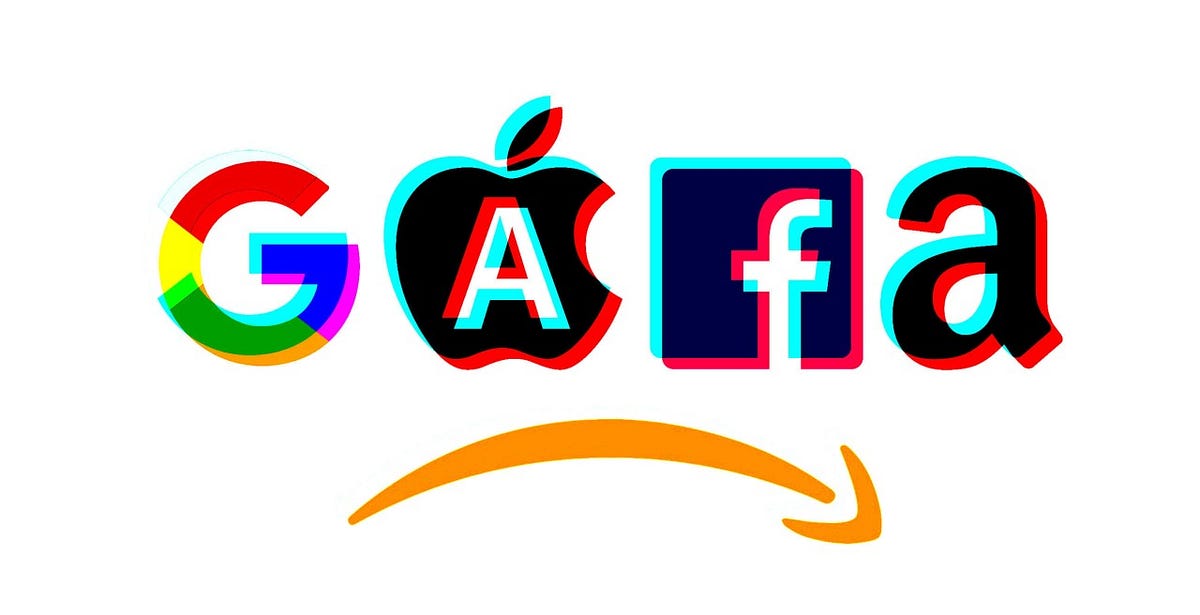After years of misinformation, security breaches, abhorrent labor practices and election meddling, politicians have decided it’s finally time to regulate the major tech companies.
It’s almost impossible to think that, as recently as a decade ago, large technology companies were considered agents for democracy that would usher in an era of unprecedented transparency and civic engagement. Their devices and platforms were built (and marketed) as bastions of free expression and the unfettered exchange of goods and ideas.
Recent history has taught us that these companies’ platforms are too susceptible to bad actors, disinformation and illegal data tracking to go unchecked, however. And some of the companies that deal in physical goods have quickly developed monopolies that exploit labour, provide poor (oftentimes dangerous) working conditions and avoid billions of dollars in taxes.
Regulation of these companies seems inevitable at this point, if not downright necessary.
The inevitable question, then, is to what extent they should be regulated. Techno-utopians such as Wikipedia founder Jimmy Wales find the idea abhorrent and maintain that, despite their faults, tech companies should not be subject to government oversight, for fear of it having a chilling effect on free speech or hindering economic growth. On the other side of the debate are zealous politicians — such as US Congresswoman Elizabeth Warren, who has called for breaking up Amazon, Apple, Facebook and Google, and Margrethe Vestager, the EU’s competition commissioner, who wants to impose strict regulations on data-collection practices.
#economy #privacy #big-tech #politics #business #big data
